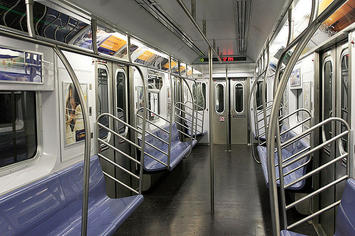
More studies have been published indicating that telecommuting is likely to be far more important after the pandemic than it was before. A University of Chicago study published early this month concluded that “22 percent of all full work days will be supplied from home after the pandemic ends, compared with just 5 percent before.”
The reasons are clear: “The pandemic drove a mass social experiment in which half of all paid hours were provided from home.” By most accounts, that experiment was successful.
A PricewaterhouseCoopers study found that 44 percent of employers believed that their employees were more productive working at home than in an office or other workplace, while only 31 percent believed they were less productive. Even where employees were a little less productive, the potential savings in office costs might encourage employers to allow people to work at home.
Most employees are also happy to be working from home. A Pew survey found that 71 percent of people are currently working from home and 54 percent want to continue doing so after the pandemic. The benefits, they said, including having an adequate workspace, being able to meet project deadlines, and being able to work without interruptions, greatly outweighed the costs. The one caveat was that about half of people who have children at home admitted that it was hard to work without interruptions.
Offices will still exist in the post-pandemic world, but they will look different. They will focus more on meeting rooms where people can collaborate and have fewer cubicles dedicated to individual employees.
Realistically, 54 percent of workers are not going to end up working at home after the pandemic. Using the Chicago study’s 22 percent (compared with 5 percent before the pandemic), however, suggests that transit will lose at least 17 percent of its commuting customers. Roads will also be less congested, leading some commuters who had been riding transit to avoid congestion to return to their cars.
The University of Chicago study also found that 70 percent of people said that, even after a vaccine had successfully curbed the coronavirus, they would be reluctant to get into crowded situations such as “riding subways.” This suggests that people who don’t end up working at home will massively prefer to drive to work than take transit.
Read the rest of this piece at The Antiplanner.
Randal O'Toole (rot@ti.org) is a senior fellow with the Cato Institute analyzing land-use and transportation policies and the author of American Nightmare: How Government Undermines the Dream of Homeownership.
Photo credit: Absolute Wade via Wikimedia under CC 2.0 License.












